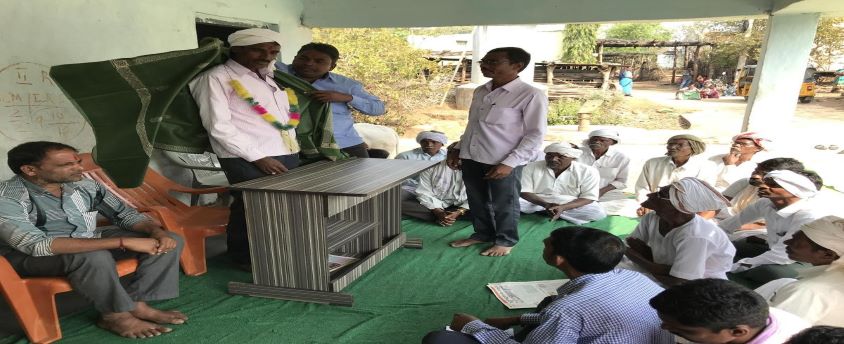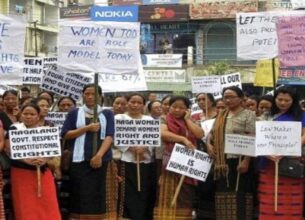30th Anniversary of the 73rd and 74th Amendments
15, Mar 2023

Prelims level : Governance - Policies
Mains level : GS-II Functions and responsibilities of the Union and the States, issues and challenges pertaining to the federal structure, devolution of powers and finances up to local levels and challenges therein.
Why in News?
- The year 2023 marks the 30th anniversary of the 73rd and 74th Amendment to the Indian Constitution. But still India’s local government requires many technical, administrative and financial fixes.
What are the 73rd and 74th Constitutional Amendments?
73rd Constitutional Amendment Act:
- Panchayati Raj Institution was constitutionalized through the 73rd Constitutional Amendment Act, 1992.
- This act has added a new Part-IX to the Constitution of India and consists of provisions from Articles 243 to 243 O.
- In addition, the act has also added a new 11th Schedule to the Constitution and contains 29 functional items of the panchayats.
74th Constitutional Amendment Act:
- Urban local governments were constitutionalized through the 74th Amendment Act during the regime of P.V. Narsimha Rao’s government in 1992. It came into force on 1st June 1993.
- It added Part IX -A and consists of provisions from Articles 243-P to 243-ZG.
- In addition, the act also added the 12th Schedule to the Constitution. It contains 18 functional items of Municipalities.
What is the Status of Democratic Decentralisation in India?
Positive Aspects:
- Empowerment of Local Communities: Democratic decentralisation has given more power to local communities to participate in decision-making processes and to implement development projects according to their specific needs and priorities.
- This has led to greater participation of citizens in governance and decision-making processes.
- Accountability and Transparency: Decentralisation has also led to greater accountability and transparency in governance.
- Local governments are more directly accountable to citizens, and decision-making processes are more transparent and open to public scrutiny.
- Promotion of Diversity and Inclusivity: Democratic decentralisation has allowed for greater representation of marginalised communities in decision-making processes.
- This has led to more inclusive policies that address the needs and interests of all citizens, regardless of their social, economic, or cultural background.
Challenges Related to Decentralisation in India:
- Uneven Distribution of Power and Resources: Decentralisation has been implemented unevenly across different states and regions of India, leading to disparities in the distribution of power and resources.
- Some states and regions have been more successful in implementing decentralisation than others, which has led to uneven development outcomes.
- Ceremonial Status to Mayor: The 2nd Administrative Reform Commission noted the Mayor in the Urban Local Government in most states enjoys primarily a ceremonial status.
- In most cases, the Municipal Commissioner, appointed by the State Government has all the powers and the elected Mayor ends up performing the role of the subordinate.
- Infrastructural Loopholes: Many Gram Panchayats (GPs) lack a building of their own and share spaces with schools, anganwadi, and other entities.
- While some have their own building, they lack basic facilities such as toilets, drinking water, and electricity.
- Although Panchayats have internet connections, they are not always functional. Panchayat officials have to visit Block Development offices for any data entry purposes, which delays the work.
Way Forward:
- Strengthening Local Government Institutions: The institutional framework for local governance in India needs to be strengthened by providing them with more autonomy, resources and powers.
- This can be done by revising laws, regulations and procedures that constrain the functioning of local governments
- Capacity Building: Local government officials and elected representatives need to be trained and equipped with the necessary skills and knowledge to effectively carry out their roles and responsibilities.
- This can be achieved through training programs, exchange visits and mentoring.
- Community Participation: The success of democratic decentralisation depends on active participation of citizens in decision-making and implementation of local development plans.
- Community participation can be enhanced through awareness campaigns, public meetings and consultations.







